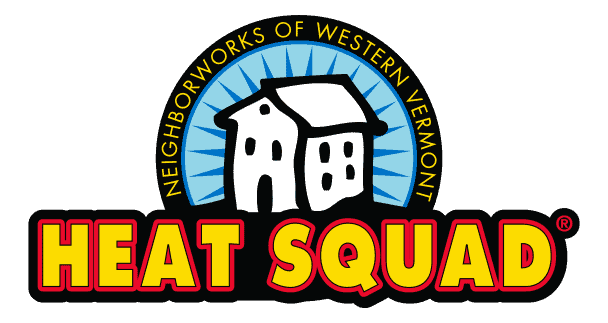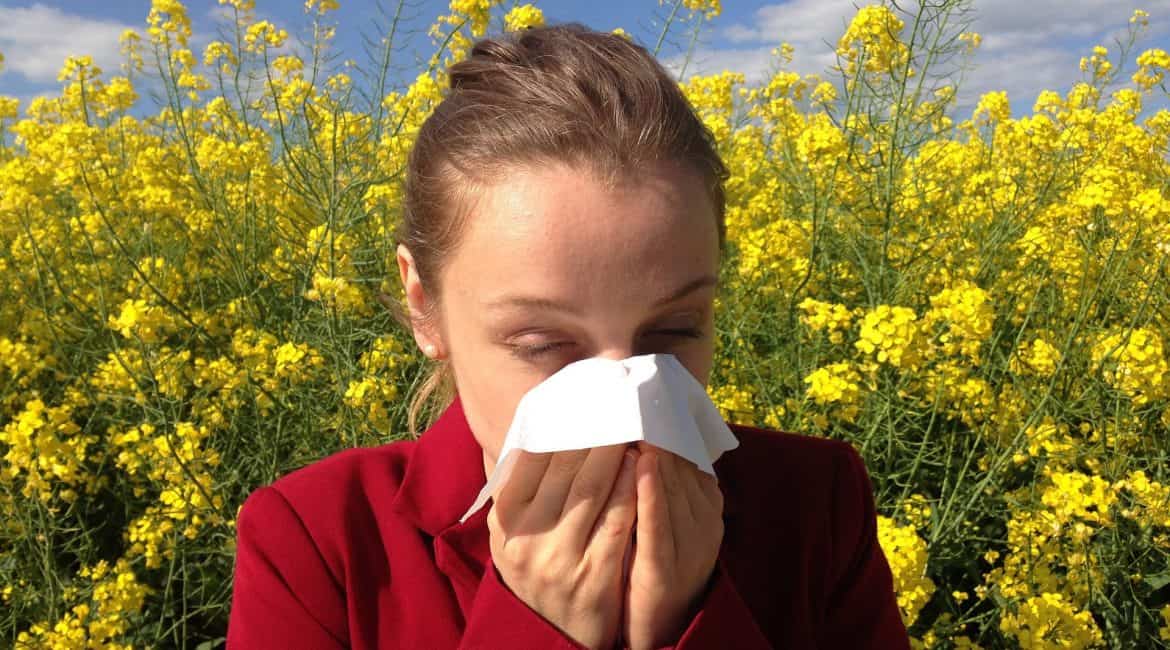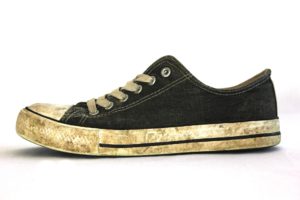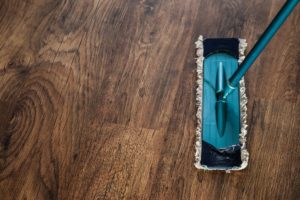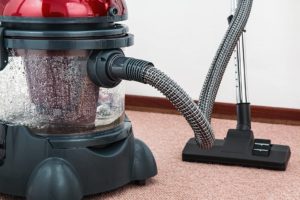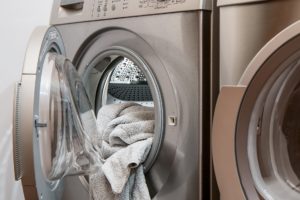Maintaining a healthy home doesn’t have to be a lot of work and can mean a happier home for you and your family. Did you know that an energy audit on your home has benefits beyond saving money on your heating and cooling bills? Our HEAT Squad energy auditor will not only examine your home to find out where you are losing heat and wasting energy, but they will also reveal areas where you can improve home health and safety. Start by contacting our team to set up an audit by calling 802-438-2303 or visiting our page. For things you can do in your home prior to the audit, here are some tips to keep you and your home healthy.
Entryways
- A big source of dirt, pollen, and germs are from the bottoms of your shoes! Wearing your shoes around your home spreads dirt and allergens from outside. An easy fix is to have indoor and outdoor appointed shoes and slip from one to the other in your entryway. You could also keep a slipper basket for you and your guests by your door.
- The home entryway is the right place to stop pollen and other debris from entering your home. Use boot trays, have a lint-roller brush handy for pet hair or to roll off any ticks from your clothes, and consider a towel or two to wipe off your pet’s feet when they come in.
Kitchen and Pantry
- Water is an essential part of our lives. Filtering your water with something like activated carbon filters (they can fit your tap or you can use pitchers with filters) to cut any chlorine, lead and other contaminants from your water.
- Use your range-hood fan when cooking! Using this simple tool, you can reduce the cooking related air pollutants, including carbon monoxide and nitrogen dioxide. It will also reduce humidity. Be sure to replace the filter according to the manufacturer’s instructions.
- Remodeling your kitchen? Opt for copper sinks and counters, the metal is naturally antimicrobial.
- Store food in glass or BPA safe containers to keep dry goods fresher and free from pests.
Living Room
- Peace lilies, spider plants, philodendrons, and aloe vera plants can help neutralize formaldehyde and benzene. Other neutralizers are snake plants, English ivy, Boston and asparagus ferns, and bamboo palms. Keep a few potted plants in your living room or where you spend a good deal of time to help neutralize your indoor air.
- Clean any handheld devices regularly. Germs are spread easily with dirty remotes, game controls, and other electronic devices.
- Dust your TV screen (and computer screens) with a microfiber cloth at least once a week to pick up pollen and toxic emissions that get trapped on the screen.
Bathrooms
- Avoid chlorine and ammonia cleaners and never mix these two chemicals. These can cause asthma and irritate your skin.
- Swap vinyl shower curtains with cotton, polyester or nylon shower curtains as vinyl can contain phthalates which can be hazardous to reproductive health.
- Getting older or have young kids? Install grab bars (there are some snazzy looking bars to keep your home feeling modern and sleek) and non-slip finishes in your bathroom.
- Change the filter and clean any vents in bathrooms every three months.
Playrooms and Kids Rooms
- Vacuum, dust, and mop regularly. Kids rooms are magnets for dust bunnies, residue from electronic equipment, and dirt which can all trigger health issues like asthma.
- Test for lead, this could be released into the air when the paint on walls, trim and ceilings chip or ages.
- Look for chemical-free furniture, bedding, and carpets. Use things made with natural fibers and real wood as some fibers and furniture can contain formaldehyde and other harsh chemicals.
Laundry and Pets
- Try using paper or plant-based kitty litter. Other litters can contain dust-creating silica which can be dangerous for pets and people when it is inhaled.
- Stay ahead of the possibility of fleas naturally by washing your pets bedding in hot water regularly.
- Make sure your dryer vents outside so moisture won’t build up in your home, causing mildew. Be sure to clean out your dryer vents (both the inside and outside screens) after heavy usage.
- Wash your sheets and other bedding in hot water once a week to prevent asthma-inducing dust mites.
Bedrooms
- After washing bedding, let your mattress and bed air out before making it. This will allow any moisture in the mattress to evaporate. Airing out pillows and vacuuming mattresses can also prevent mites.
- If you have an air conditioning unit, use the fan setting and be sure to wash the filter often, and keep your windows closed.
- Avoid putting printers and copiers in your bedroom, they generate lung irritants.
- Swap your wall-to-wall carpet and replace it with hardwood and washable rugs. This will minimize dust buildup along with pet dander and other allergen buildups.
Basement
- Check for radon, it’s an odorless, natural gas, and is also the second leading cause of lung cancer. Be sure to check the levels every few years and after any basement work.
- Replace or clean furnace or forced air system filters according to the manufacturer’s instructions.
- Avoid air fresheners that cover up mildew odor with fragrance bearing phthalates and use natural air fresheners like baking soda or essential oils.
- Install a dehumidifier, it will keep humidity levels below mold-triggering levels.
Garage
- Dispose of empty or half empty dried out paint containers, stains, and other solvents. Store gas in a no-spill container and keep them away from heaters. If you can, try keeping these things in kid-proof areas and containers.
- Use organic lawn care products as harsh lawn chemicals can weaken the grass’ defense against drought and disease.
- Never run cars or machinery in a closed garage, especially one that is attached to a house.
- When painting or doing any project in a garage, open doors and have good air circulation to keep vapors from entering your home or getting closed into your space.
Taking care of your home and your health are more connected than you may realize. Try using some of these tips for a well-kept home and better overall health for you and your family.
Audits from the HEAT Squad are $150 for buildings up to 3500 sq. ft. and can be performed on single family homes as well as apartments and other dwellings (for buildings over 3,500 sq. feet, there may be an additional fee).
Would you like to improve the health and safety of your home? Give us a call at 802-438-2303. Our auditors are friendly, extremely knowledgeable, and they want to see you living in a safe and healthy home!
Author: Bailey Aines, NeighborWorks of Western Vermont part-time employee.
